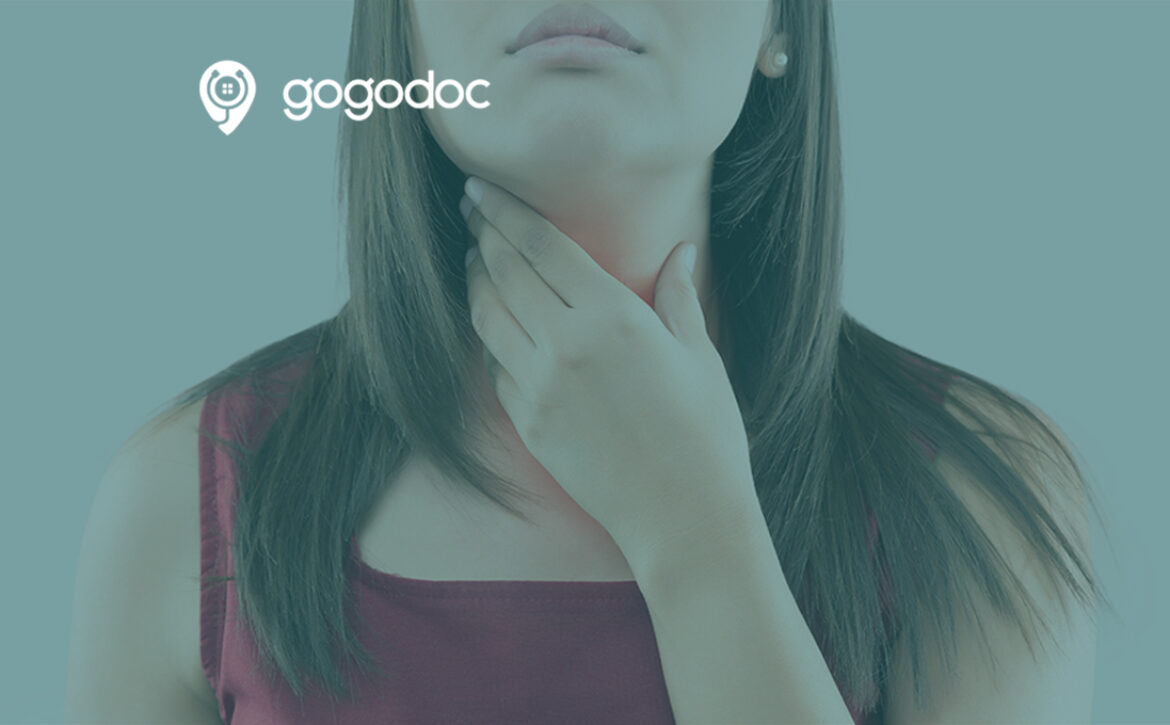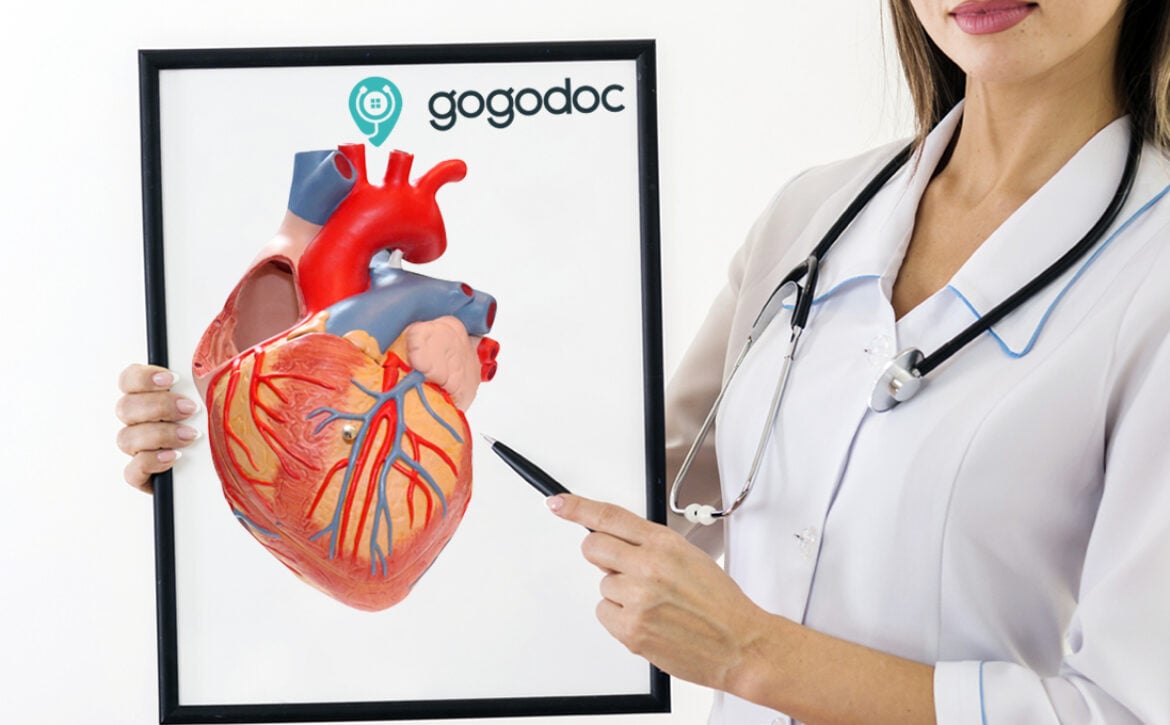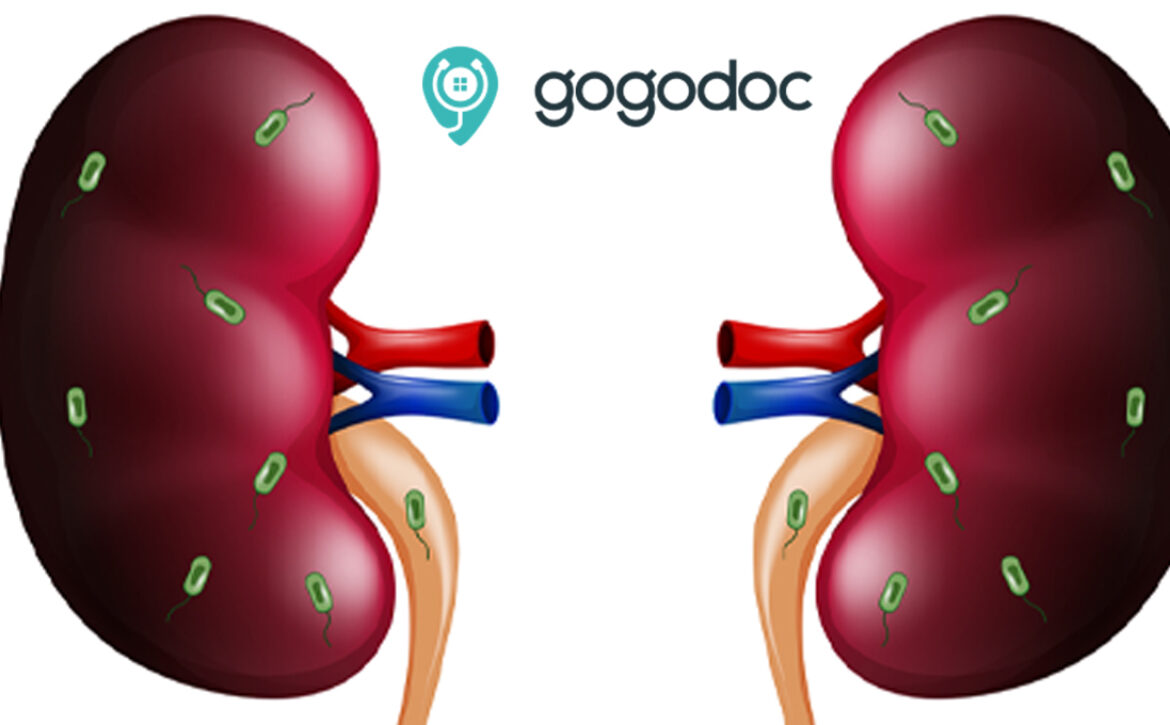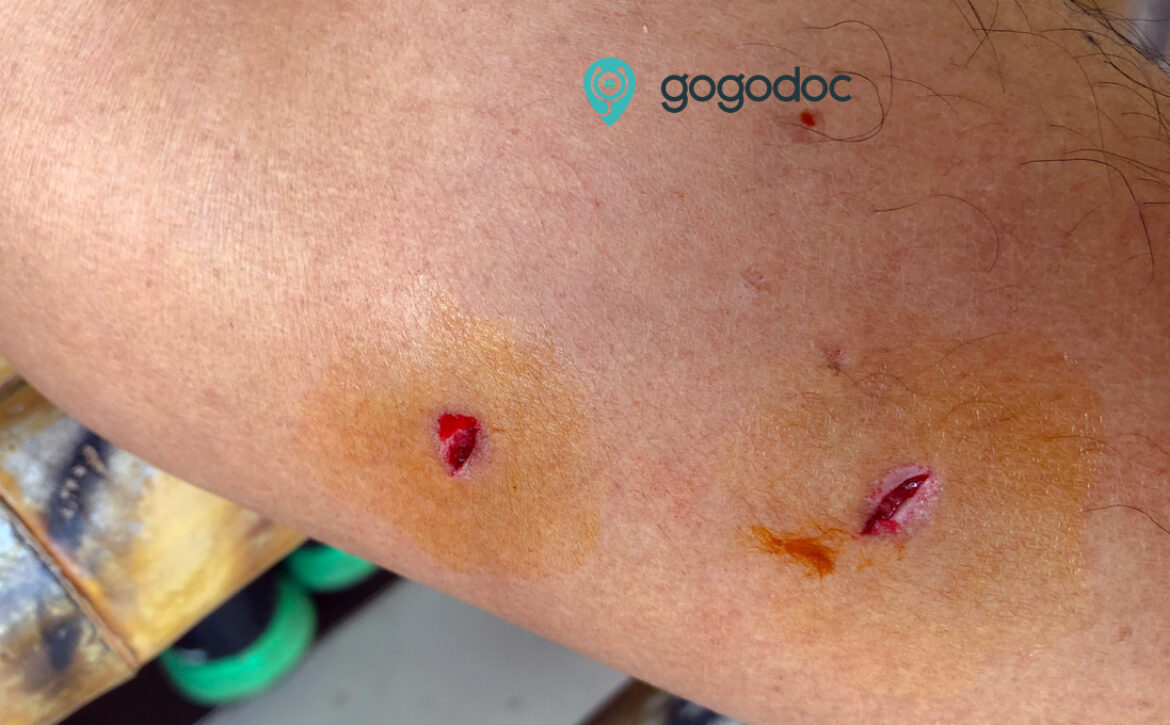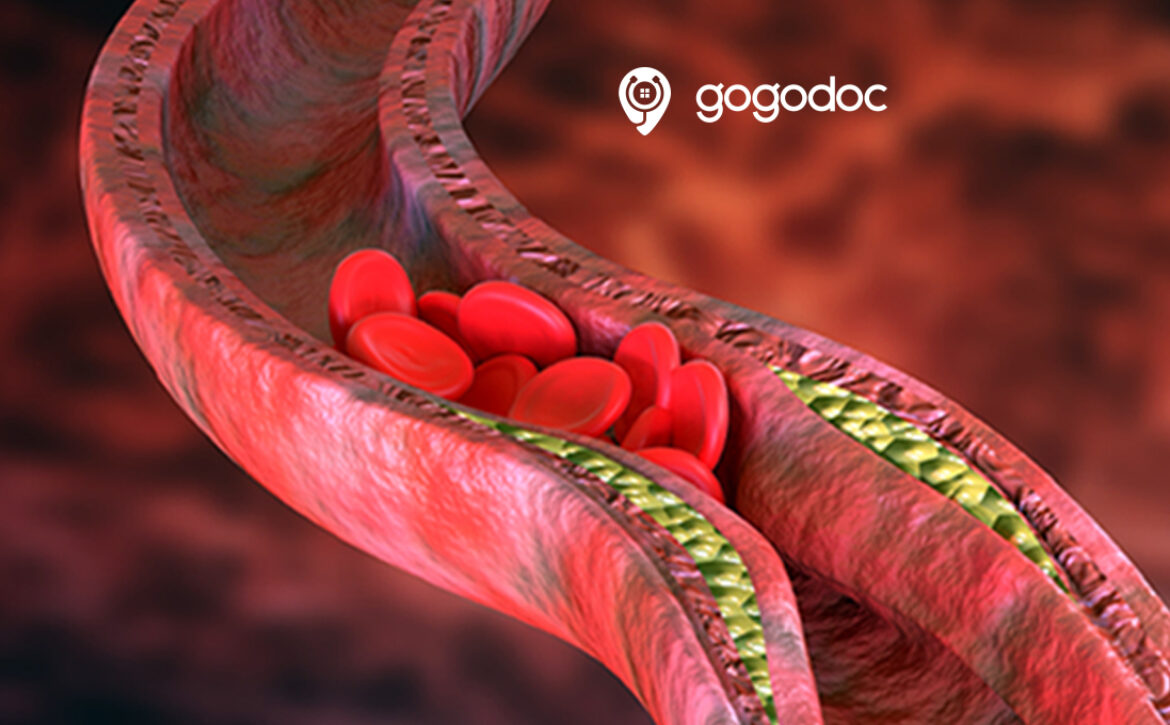Fit to Fly Certificate
Are you looking to get away for a holiday but need a fit to fly certification to prove that you can travel?
Gogodoc is here to help you to get a valid certification on fit to fly. From one of our expert GP’s, you can get consultations and then declare you’re fit to fly.
Depending on the health conditions you are undergoing, the fit to fly certificate depends. Some of its factors are;
- Pregnancy
- Cardiovascular disease
- Contagious illnesses
- Recent brain, eye, gastrointestinal surgery
- Recent heart attacks
Why need a fit to fly certificate?
Several airlines require for a travel certification from their passengers. This is mainly because they want to ensure you are fit to travel from one country/state to another. As it would not be a risk for both you and for those you have you on board. Certificates may be necessary for passengers who are having a wide range of health issues.
Fit to Fly during pregnancy
For those women who are pregnant, flying is not recommended for those who are after 32 weeks of pregnancy, as most of the airlines will not allow travelling after 36 weeks.
Simply book an online consultation and examination with one of our registered and expertise doctors, as we provide a valid certification on fitness to fly. If you have any questions, give us a call, or email us at [email protected]
Gogodoc now provides an educational series of information on Fit-To-Fly (*intended for educational purposes only). If you are in need of FTF certification, please reach out to book an appointment via our Gogodoc app.
Book a telephone consultation today and get expert advice!





